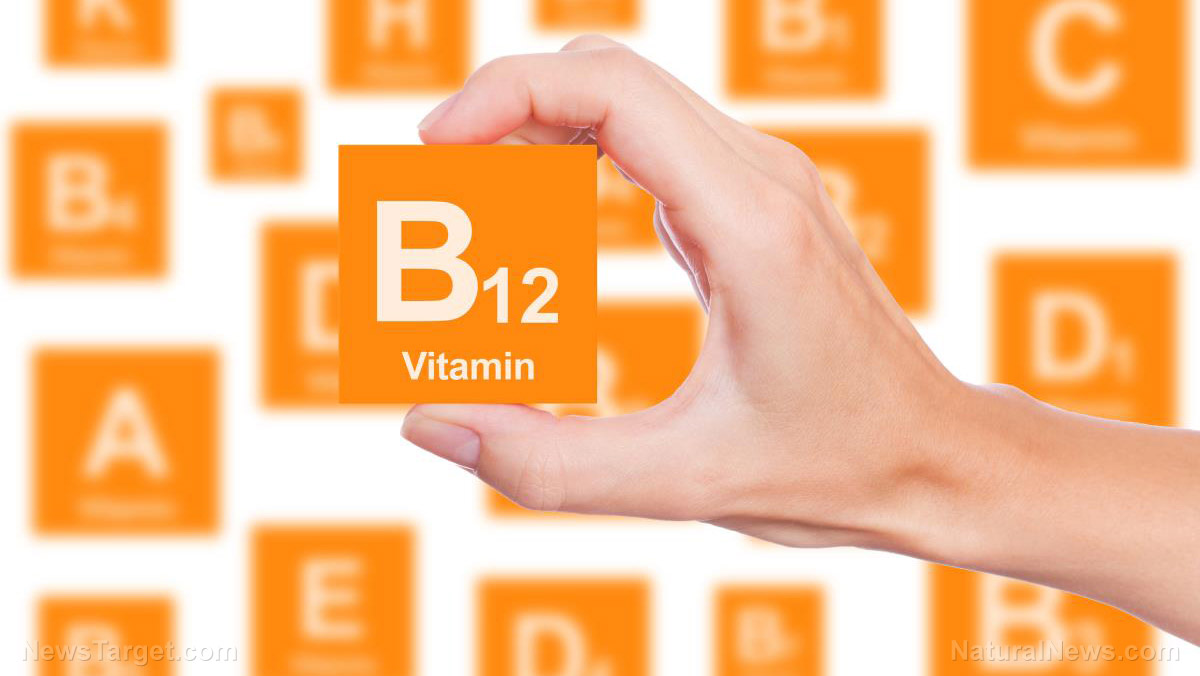Silicon-rich mineral water is a safe, effective way to eliminate aluminum from your body
09/13/2019 / By Evangelyn Rodriguez

Aluminum is one of the most common elements on the planet. This naturally occurring metal can be found in many things, including cookwares, kitchen utensils, and food storage wraps. Trace amounts of aluminum can also be found in processed foods and some medications.
While aluminum is useful outside the human body, this element has no place inside it. Excess amounts of aluminum get stored in various organs such as the brain, and once it accumulates, aluminum can trigger mechanisms that can lead to serious illnesses or death. In fact, aluminum exposure has been linked to Alzheimer’s disease for decades. In a recent study published in the Journal of Alzheimer’s Disease, researchers from Keele University in the U.K. reported a novel way of detoxifying aluminum. They found that drinking silicon-rich mineral water can help rid the body of aluminum and may be beneficial for patients with Alzheimer’s disease in the long run.
Aluminum and why it’s harmful to the body
Aluminum is present in significant amounts in the air, water, and food, although the human body does not absorb most of it. Certain factors like competing minerals and parathyroid hormone levels affect the absorption of aluminum. However, ingestion of aluminum can lead to high amounts that exceed the body’s capacity for excretion. Hence, stores of aluminum are sometimes found in different parts of the body, such as the bones, lungs, liver, heart, spleen, thyroid, brain, and muscles.
Numerous studies have investigated the effects of aluminum on the human brain. Accumulation of aluminum in brain cells not only interferes with nerve activity, it also causes cognitive decline via the formation of protein tangles in the brain — an event commonly associated with Alzheimer’s disease. Symptoms of aluminum toxicity in humans include:
- Flatulence
- Headaches
- Colic
- Skin dryness
- Tendency for colds
- Burning pain in the head relieved by food
- Heartburn
- Aversion to meat
- Paralytic muscular conditions
- Memory loss
- Mental confusion
A number of conditions are also associated with aluminum toxicity. These include:
- Amyotrophic lateral sclerosis
- Anemia
- Blood disorders (e.g., hemolysis, leukocytosis, porphyria)
- Dental caries due to impaired bone calcification or fluoride uptake
- Dementia in dialysis patients
- Hypoparathyroidism
- Kidney dysfunction
- Liver dysfunction
- Neuromuscular disorders (e.g., Parkinson’s disease)
- Osteomalacia
Silicon-rich mineral water therapy is effective against aluminum toxicity
Like aluminum, silicon is a naturally occurring element, but it doesn’t cause toxicity and is present in certain foods. Bell peppers, soybeans, and asparagus, which are considered healthy foods, all contain silicon. Silicon can also be found in mineral water. (Related: Consuming silicon-rich water or foods can purge your body of up to 70% of the of aluminum in your bloodstream.)
According to Dr. Christopher Exley, a professor at Keele, the soluble silicon in mineral water passes through the intestinal walls and enters the bloodstream. There, it can combine with aluminum to form hydroxyaluminosilicate, a compound which the body finds much easier to excrete through urine than aluminum in its original form.
In their study, Exley and his colleagues hypothesized that silicon-rich mineral water can be used to reduce the body burden of aluminum in patients with Alzheimer’s. To test their hypothesis, they recruited 15 patients along with their carers and partners, who served as the control group. They put the participants through 12 weeks of mineral water therapy.
The researchers found that daily consumption of one liter of silicon-rich mineral water facilitated the removal of aluminum through the urine in both the Alzheimer’s group and the control group. Moreover, they observed clinically relevant improvements in at least three of the 15 Alzheimer’s patients in terms of cognitive performance.
The researchers noted that while a more extensive study involving many individuals is needed, their preliminary findings suggested a plausible benefit of drinking silicon-rich mineral water for more efficient excretion of aluminum and possible improvements in cognitive function.
Sources include:
Tagged Under: alternative medicine, Aluminum, aluminum toxicity, Alzheimer's disease, brain function, brain health, clean water, cognitive decline, cognitive function, dementia, detox, disease treatments, mineral water, natural cures, natural medicine, neurodegenerative diseases, research, Silicon, silicon rich mineral water, toxic elements, toxic foods, toxins
RECENT NEWS & ARTICLES
BrainFunction.News is a fact-based public education website published by Brain Function News Features, LLC.
All content copyright © 2018 by Brain Function News Features, LLC.
Contact Us with Tips or Corrections
All trademarks, registered trademarks and servicemarks mentioned on this site are the property of their respective owners.



















